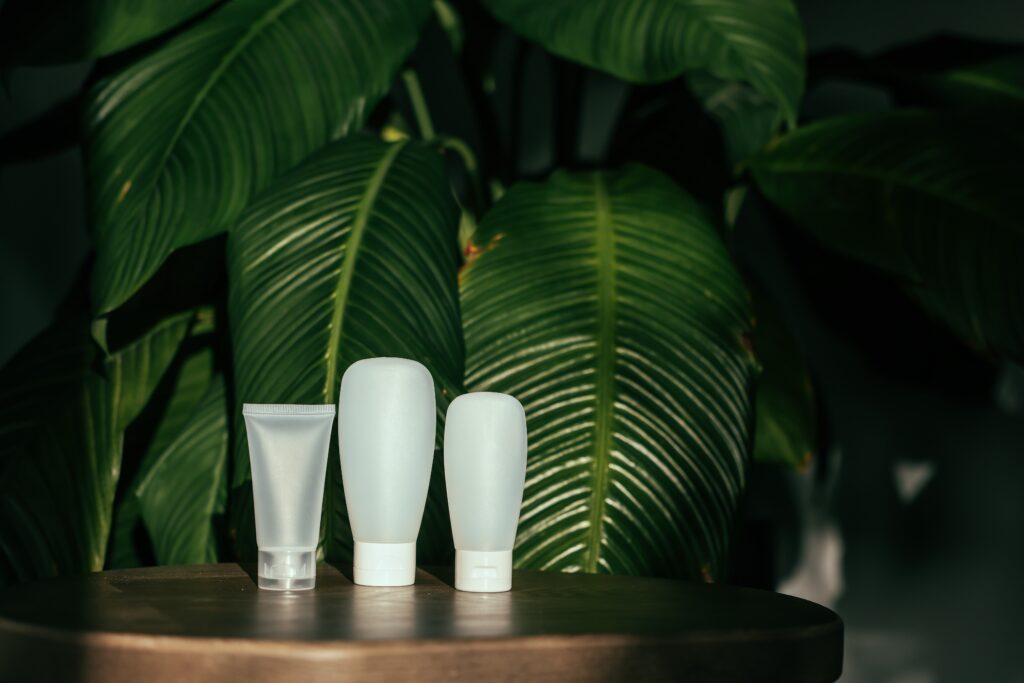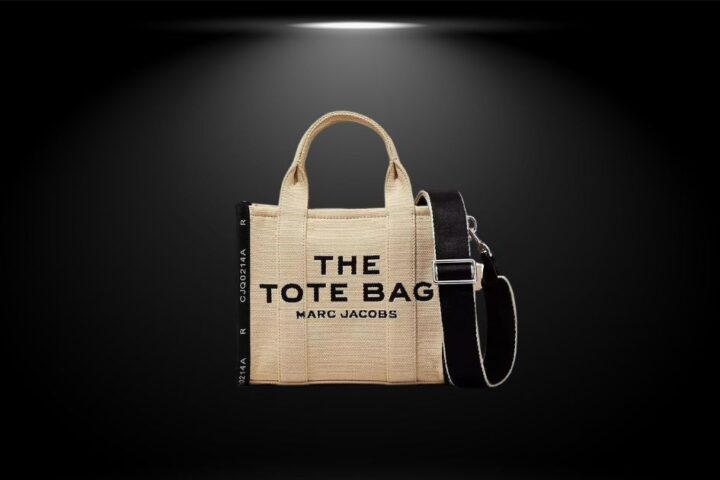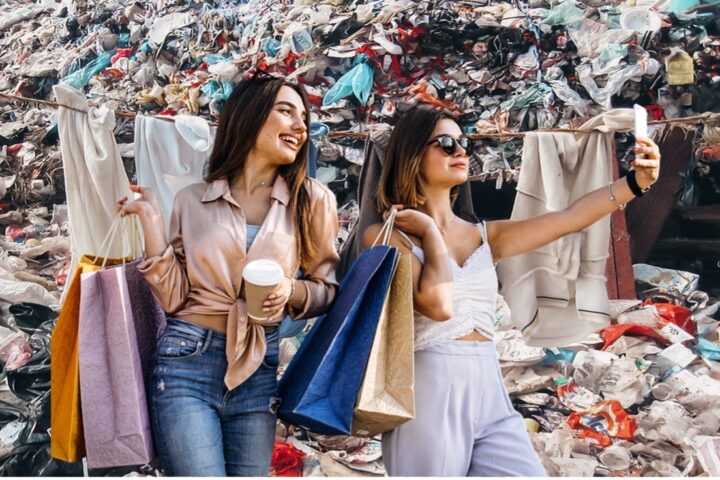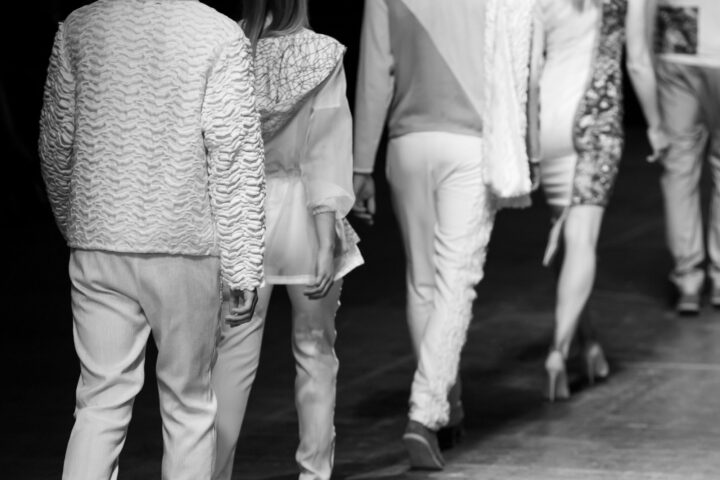#HowItBegan
Social media has changed the way brands and businesses advertise their products and services. In a day and age where a Company’s online presence greatly impacts its popularity and customer base brands have started to recognize the power of social media engagement. In 2006 Twitter introduced the concept of hashtag to the world of social media, it acted as a medium to hyperlink all posts that had the same # symbol allowing the users to view the information and images related to these hashtags together in an organized manner. Today almost all social media platforms have introduced hashtags and subsequently, hashtags have now evolved as a marketing tool.
With new trends coming up on social media every day, a business can gain massive traction and reach by jumping on the bandwagon, along with these trends come a series of hashtags that make the trends identifiable and searchable, for instance in 2020 #dalgonacoffee took social media by a frenzy, in 2021 the #dontrushchallege among others had gained popularity. There are certain evergreen hashtags like #OOTD, #throwbackthursday which social media users add to their pictures while sharing them on social media.
#HashtagForBrands
During New York Fashion Week 2016, which is one of the biggest and most awaited event in the fashion industry, designers launched custom hashtags such as #FentyXPuma, #YeezySeason3, #AllAccessKors, #TommyFall16 and #MyCalvins to display their latest fashion collections and to allow followers live and behind-the-scenes looks at their NYFW shows, triggering more than 561,000 mentions on social media in a single week.
GoPro uses #GoPro for creating value, promoting new products, and interacting with their customers. The hashtag has more than 48.2 million posts just on Instagram. Nike’s #justdoit, #sayitwithpepsi by Pepsi and #CaughtOnDropCam by Google are some examples that show that brands have embraced hashtags and are using them as a medium to promote and distinguish their products.
However, can hashtags be registered as Intellectual property? Can you really stop others from using your hashtag?
#TrademarkProtection
There are many types of Intellectual Property recognized by the World Intellectual Property Organization like Copyright, Patents, Trademarks etc. Each of these types governs and protects different areas of work. In simple words, copyright offers protection to artistic works like music, paintings, films etc. whereas patents protect inventions and processes. Trademark on the other hand governs words, phrases, symbols, design or any combination of these that can be used to distinguish the product or services of one person from those of others.
Since hashtags are not ideas or inventions that would be subject to patent protection, and they are too short to qualify for copyright protection, a hashtag clearly fits best for protection under trademark law.
In India, the laws relating to trademarks are governed by the Trademark Act, 1999. According to Section 2(1) (zb) of the Act, a trademark is defined as a mark capable of being represented graphically and which is capable of distinguishing the goods or services of one person from those of others and may include the shape of goods, their packaging and combination of colours.
It is evident that a hashtag has the same two criteria for registration that any other trademark does, i.e.
- it should be capable of being represented graphically
- it should be capable of distinguishing goods and services of one person from another person.
A hashtag can be registered as a trademark only if it is distinctive and the hashtag is used in conjunction with the goods and services offered by you. The hashtag should be a “brand identifier” and should be associated with the business. Generic words that are used in daily communication are not generally given protection. Hashtags can be protected especially when you can demonstrate that it has become synonymous with you, or your content. For instance, when you hear the hashtag #kyaut, #scauzme you might associate it with well know influencer if you are familiar with her content because overtime the hashtag has become associated with her and hence in such a scenario the likeliness of getting protection is high as there is a certain reputation that has come to be associated with the catchphrase. Multinational companies like The Coca-Cola Company have successfully registered hashtags as trademarks these include #smilewwithacoke and #cokecanpics. Interestingly, no hashtags have been registered as trademarks in India.
The position in the US is slightly different and has evolved since the introduction of hashtags. The United States Patents and Trademarks Office acknowledges the # symbol to be registered as a trademark only if it functions as a source identifier of the applicant’s goods or services.
For instance, in 2015, 1042 hashtag trademark applications were filled in the United States and the USPTO granted licenses to several trademarks like #EveryDayMadewell, #TheSelfie #HowDoYouKFC etc. but denied protection to #WORLDTRAVELER, #BETHEFAN due to its mere descriptiveness or discrepancy in the alignment of an acceptable specimen of use.
#Infringement
In Fraternity Collection LLC v. Elise Fargnoli, the US District Court has settled a trademark infringement case where it considered a hashtag as a trademark. The court found that there was trademark infringement and false advertising by the defendant, Elise Fargnoli. She had used the hashtag “#fratcollection” and “#fraternitycollection” on her Instagram account to promote a product that had earlier been designed for the plaintiff’s competitor. The users on clicking the hashtag were directed to the same designs of another brand fraternity collections traffic was channelized to the products manufactured by its competitors. Even though the matter was eventually settled, the court held that there was trademark infringement and false advertising
In Eksouzian v Albanese, the issue was whether the use by one of the parties of the hashtags #Cloudpen and #Cloudpenz on Instagram breached the terms of a trademark settlement agreement. In this agreement, the party which using these hashtags had agreed to refrain from any trademark style use of the word “cloud” in conjunction with the words “pen” or “penz” The court, in this case, held that there was no breach of the agreement. The court ruled that a hashtag is a “descriptive device” and not a “source identifier”.
Registering your hashtag as a trademark does not prevent other users from including it in their social media postings, it will not give you a monopoly over the use of the hashtag. However, it provides legal protection in the event when another company uses it to promote a competing product or service within the same industry as yours. It is evident that as brands strengthen their digital presence, registration of hashtags as trademarks and disputes arising out of their infringement will become more prevalent, it is important for brand owners to consider the use of hashtags in their branding strategy if the hashtag is worth promoting, ensure that it is worth protecting too.









